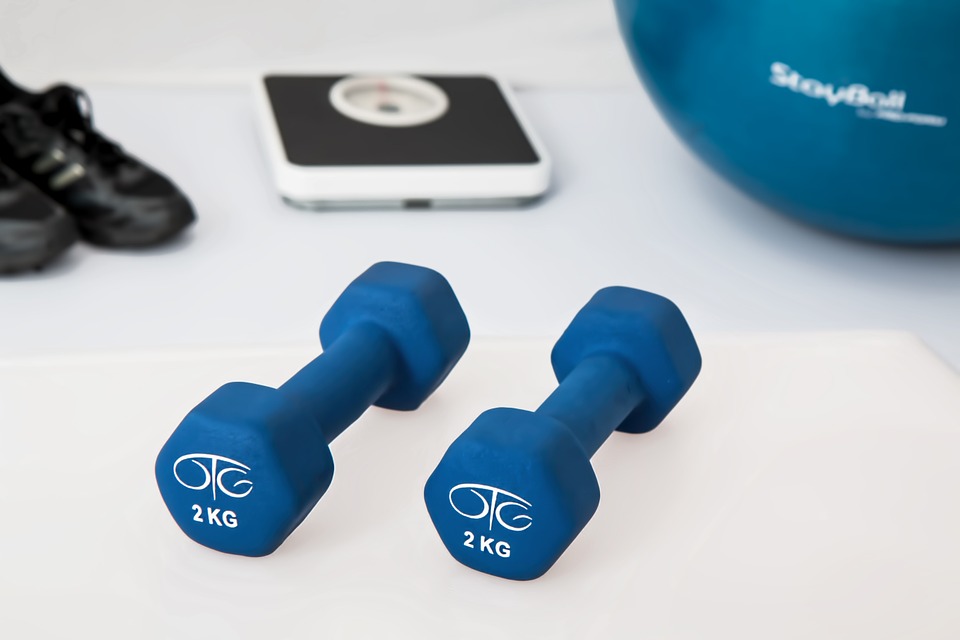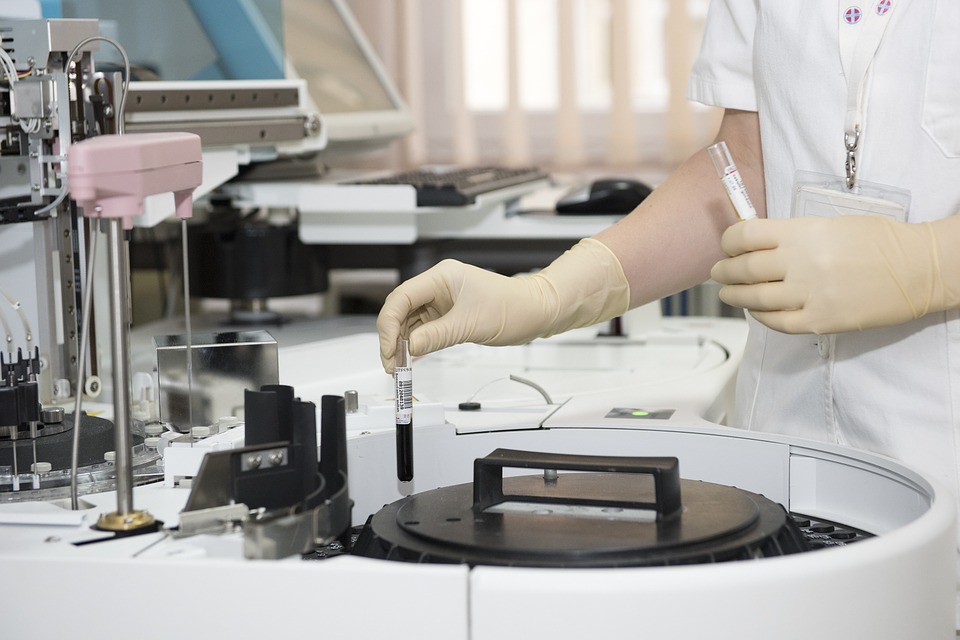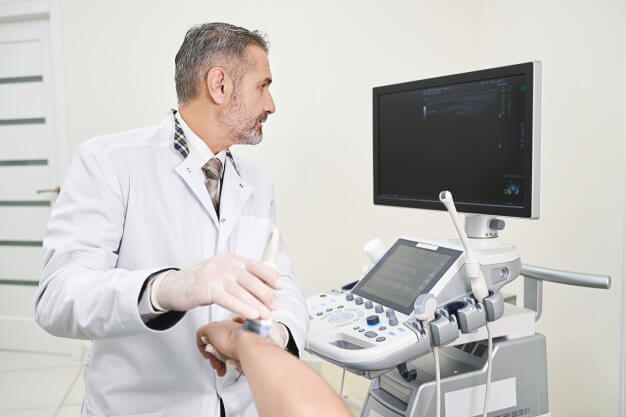Heart disease is still one of the UK’s biggest killers and so it is incredibly important to be aware of cardiac risks and how best to take care of your heart health.
There are over 30,000 cardiac arrests each year outside of hospitals each year in the UK and shockingly few of the people who suffer these arrests survive to go home from the hospital. Current figures show less than 1 in 10 people who go into cardiac arrest outside of a hospital survive, despite the best efforts of paramedics and hospital doctors.
Read also: The Relationship Between Oral Health And General Health
Can seeking the help and advice of a private cardiologist reduce your risk of becoming just another statistic?
Keeping on top of your heart health
With such low survival rates for cardiac arrests across the UK, it is advisable to keep yourself as healthy as possible to avoid a heart attack in the first place. You may choose to visit a private cardiologist for regular check-ups to ensure that your heart is as healthy as possible and working at optimum levels.
Regular check-ups will not only give you the peace of mind that your body’s most important muscle is working to the best of its ability but it will also give your cardiologist to spot any changes should they occur. Spotting any changes to your heart’s normal rhythm can indicate problems and early diagnosis and treatment could prevent future cardiac arrests and ultimately save your life.
Treating symptoms early
Changes in your heart’s health can cause you to experience symptoms which a cardiologist will want to hear about. Symptoms of heart disease can be obvious, such as palpitations, pain, and discomfort, but they can also be subtle changes which increase over time.
Subtle changes in your heart’s health can be as simple as feeling breathless after physical activity. Many of us might put this down to aging and not being as fit as we once were. However, if there is a problem with your heart, causing your lungs to struggle too, then you will end up becoming breathless after simple tasks such as walking up the stairs.
Breathlessness, pain, and palpitations should always be investigated and a private cardiologist will often be your quickest route to a diagnosis and treatment. With such an important organ as the heart, time is of the essence. If you are suffering early symptoms of heart disease or other cardiac problems then the likelihood is that it will not improve by itself- you are going to need medical intervention. The earlier any problem is diagnosed then the more chance you have of making a recovery or receiving the treatment you need to prevent further damage to the muscles of your heart.
Avoiding Waiting Lists
While we are all very grateful that we have our fantastic NHS in the UK, often getting to see a specialist can involve a long wait on a list of possibly hundreds of other patients. This wait, while unintentional, can have disastrous consequences for your heart’s health.
Choosing to go to a private clinic can have you in front of a cardiac specialist within a fraction of the time that you may have to wait with the NHS. If your initial consultation ends in you requiring further tests then these will also be conducted quicker than with the NHS and you should receive your results much quicker. From there, treatment plans can be put in place to ensure that you don’t end up with further damage to your heart and a higher risk of cardiac arrest.
A private cardiologist can literally save your life before you get to the point that medical intervention is critical in keeping you alive. Early diagnosis and treatment are to avoiding serious cardiac problems in the future.
Read also:






















